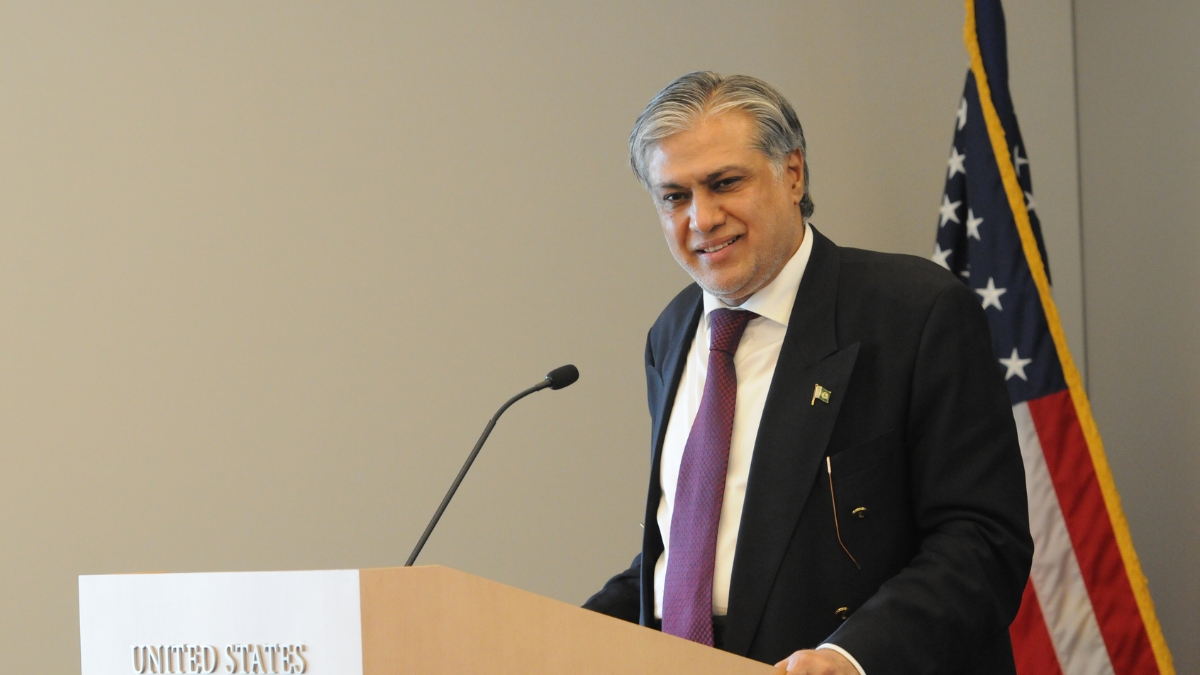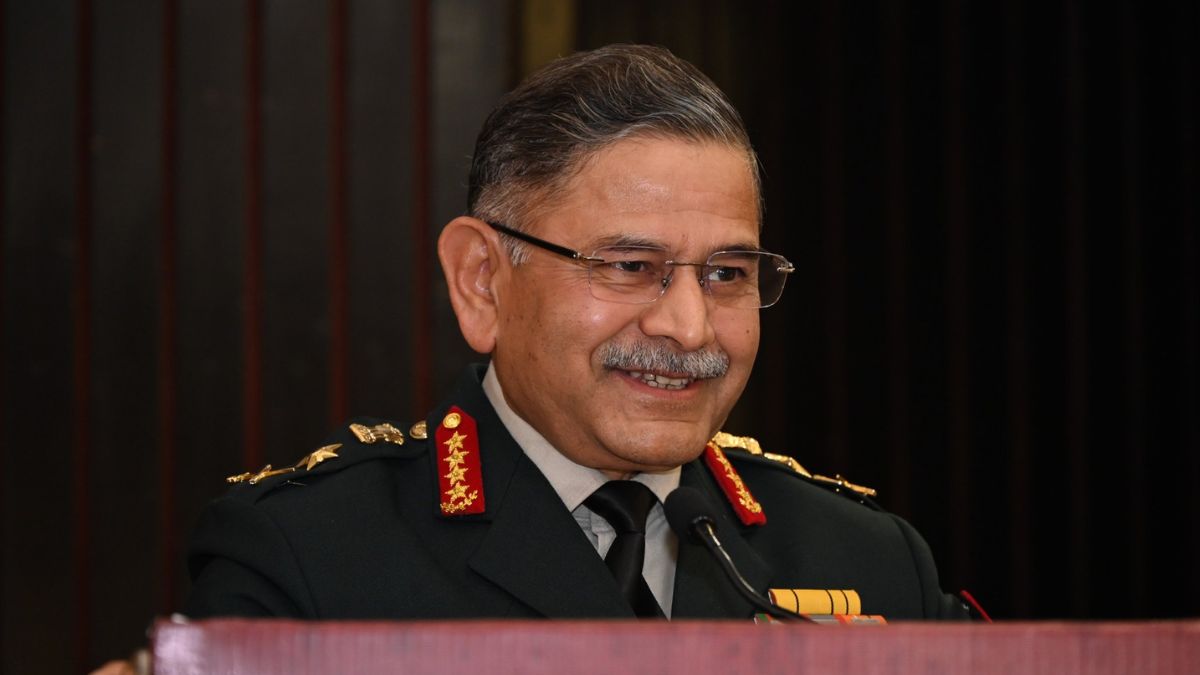Pakistan’s Statement Exposes Trump’s False Claim of Mediating India-Pakistan Ceasefire

Pakistan’s FM
In a major embarrassment for Washington, Pakistan has effectively endorsed India’s long-standing position that former US President Donald Trump played no role in negotiating the May 2025 ceasefire during Operation Sindoor.
The clarification, made by Pakistan’s Deputy Prime Minister and Foreign Minister Ishaq Dar, directly contradicts Trump’s repeated assertions that he personally brokered peace between the two nuclear-armed rivals.
According to Financial Express, Dar, speaking to Pakistani media, admitted that it was Pakistan, not the United States, which requested the ceasefire. “We did not ask the United States or any other country to arrange talks. The ceasefire request came from Pakistan,” he stated. The admission dismantles Trump’s narrative that Washington engineered a breakthrough at the height of the conflict.
How has Pakistan confirmed India’s version of events during Operation Sindoor?
India has consistently maintained that the May ceasefire was arranged directly between the Directors General of Military Operations (DGMOs) of both countries. External Affairs Minister S. Jaishankar had dismissed Trump’s claims as “bizarre, if not unfair,” while Prime Minister Narendra Modi told Parliament that the cessation of hostilities was achieved solely on India’s terms. Dar’s statement now reinforces New Delhi’s stance, underscoring that no third-party mediation was involved.
Operation Sindoor was launched after the April 22 terror attack in Pahalgam, which killed 26 civilians. In retaliation, India targeted nine terror camps across Pakistan and Pakistan-occupied Kashmir.
The operation also struck critical sites, including Nur Khan air base, forcing Islamabad to seek a truce. Dar acknowledged Pakistan’s losses and confirmed that Islamabad reached out to US Secretary of State Marco Rubio, only to convey its own ceasefire request, not to ask for mediation.
How has Trump repeated claims of brokering India-Pakistan peace?
Despite these facts, Trump rushed to claim credit for the cessation of hostilities by India and Pakistan in May 2025. Even before India or Pakistan issued formal announcements, he declared on Truth Social: “After a long night of talks mediated by the United States, I am pleased to announce that India and Pakistan have agreed to a full and immediate ceasefire.”
Since May, he has reiterated the claim more than 40 times, telling European leaders and NATO officials that he personally averted a “nuclear war.”
Trump’s narrative was always at odds with both Indian and Pakistani accounts. Now, Dar’s public admission leaves Washington diplomatically exposed and questions the credibility of Trump’s foreign policy record.
Dialogue Remains Uncertain
While ruling out foreign mediation, Dar signaled Pakistan’s willingness to resume comprehensive talks with India, including on Kashmir and other disputes.
Reports suggest Saudi Arabia has quietly offered to facilitate dialogue. However, New Delhi remains firm on its position that “talks and terror cannot go together,” insisting Pakistan must first dismantle terror infrastructure and end cross-border attacks.
Are the Pakistan remarks a blow to Washington’s credibility?
Dar’s comments carry far-reaching implications. For India, they vindicate the position that Operation Sindoor ended solely because of New Delhi’s military and diplomatic leverage.
For Pakistan, they underscore the heavy costs of escalation that forced Islamabad to seek a halt. For the United States, however, the episode is an embarrassment, exposing the fragility of Trump’s claims of international statesmanship.
By admitting that Islamabad, not Washington, initiated the ceasefire request, Pakistan has effectively sided with India’s narrative, undercutting Trump’s repeated assertions and confirming that Operation Sindoor concluded on India’s terms alone.
(Image updated.)







